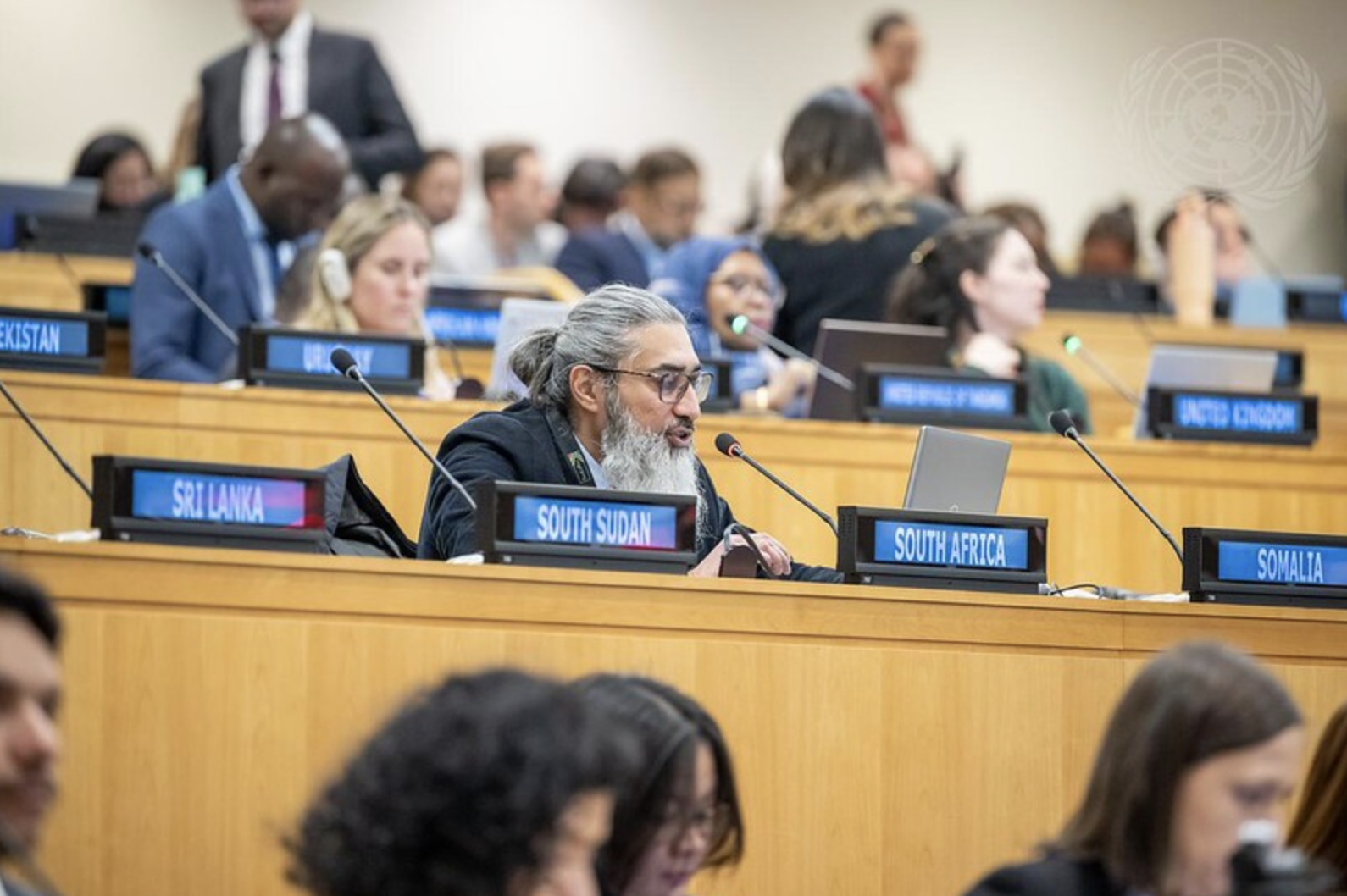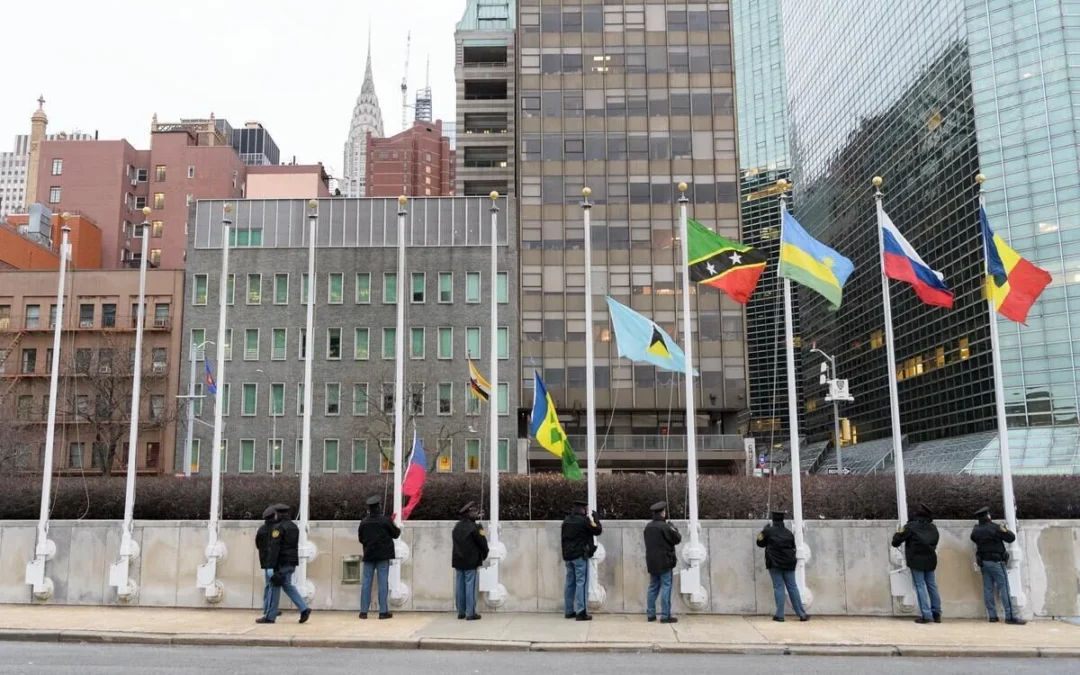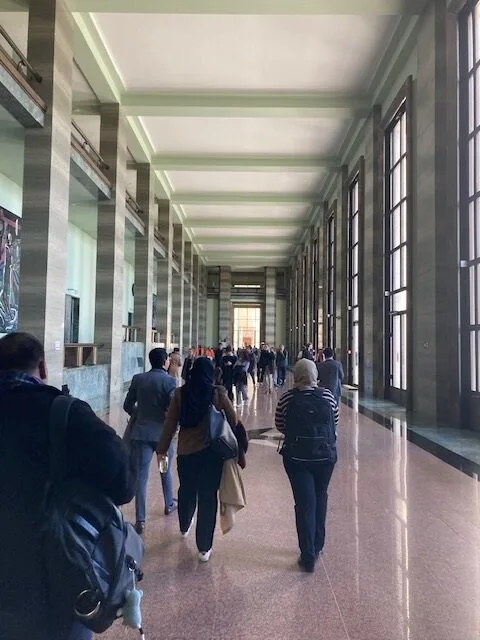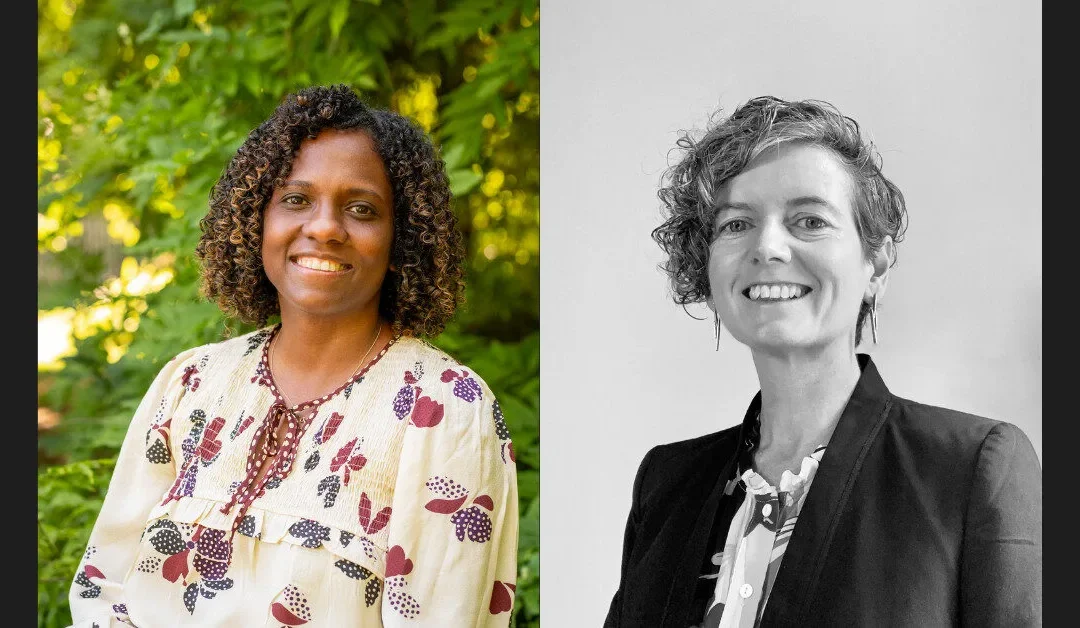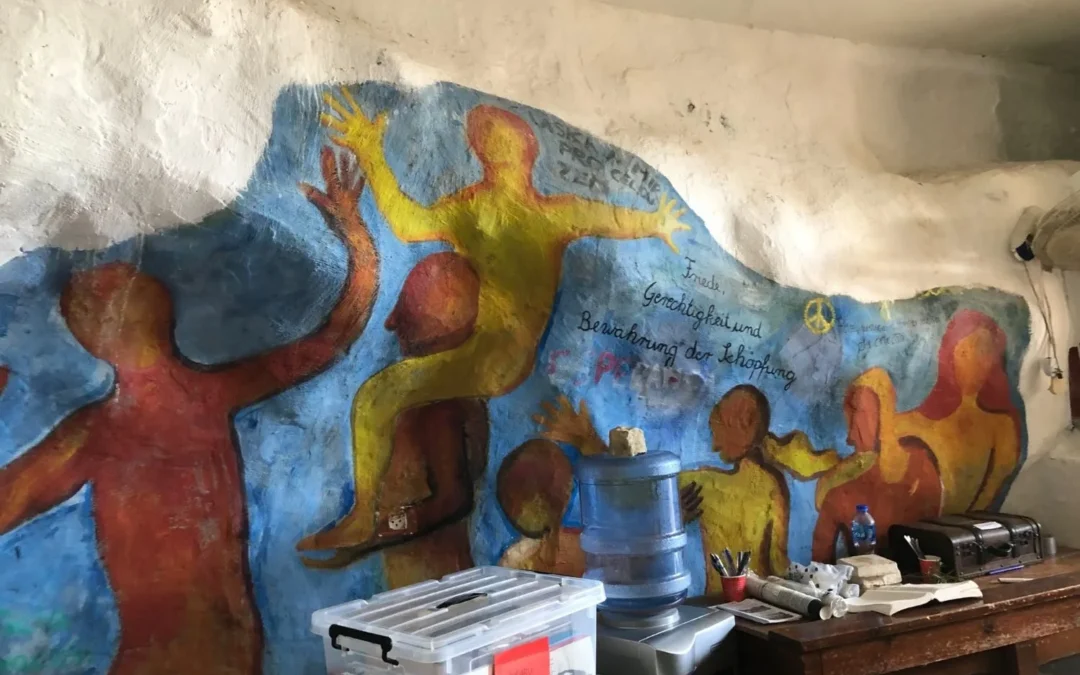Through our membership of the Transparency, Accountability & Participation (TAP) Network, QUNO NY has been engaging in the process towards the United Nations (UN) Fourth Financing for Development Conference (FfD4). The FfD4 process aims to create a global policy agenda that will renew the international financing framework, unlock capital flows and build on previous financing agreements. Negotiations have started on the draft outcome, and the TAP Network has compiled an advocacy response to the latest draft outcome.
The FfD4 policy outcome will set the framework for financing international development cooperation for the next decade, setting aid targets, mechanisms and accountability measures. The draft outcome "calls for actions to deliver an impact-focused [Sustainable Development Goals] investment push and to reform the international financial architecture to enable the transformative change that the world urgently needs." QUNO NY, as a co-chair of the TAP Network #SDG16Now Campaign, recently engaged in a webinar to gather civil society inputs on FfD4.
The #SDG16Now Campaign focuses on the UN's Sustainable Development Goal 16, which aims to "promote peaceful and inclusive societies for sustainable development, provide access to justice for all and build effective, accountable and inclusive institutions at all levels." The campaign also engages with other aspects of the UN's 2030 Agenda that connect to peace, justice, and inclusion.
Major topics that connect FfD4 to SDG16+ include financing for peacebuilding, justice sectors, and countries experiencing challenges related to violence, fragility, and climate change; improving aid effectiveness, accountability, and the transparency of financial flows; and increasing the inclusion of developing countries in the global financial architecture, including in governance roles.
The TAP Network's response to the FfD4 draft outcome highlights four key priorities:
- Integrate and increase SDG16+ language related to transparency, accountability, institutions, peace, justice, human rights, and fundamental freedom
- Increase specific references to funding and financing to advance the principles and objectives of SDG16+
- Strengthen language related to development aid effectiveness, Official Development Assistance obligations, and international development cooperation, underpinned by the principles of transparency and accountability while increasing risk tolerance
- Call for the democratization of global economic governance with inclusive participation at all levels
Governments are responding to the draft outcome document during the intercessional meetings at the UN Headquarters in New York. During these meetings, the US led the charge in weakening language on commitments to allocate resources towards developing inclusive governance systems. This approach aligns with recent announcements from developed countries, including the US and EU members, to cut aid for peacebuilding and development efforts globally. Consequently, these policy shifts have impacted the negotiations and programming at the grassroots level towards achieving the 2030 Agenda and the ambition of peaceful and inclusive societies.
The next milestone towards the FfD4 Conference, which will take place in Seville, Spain, in June 2025, is the upcoming annual Financing for Development Forum, which will be held from 28-29 April. Immediately after the Forum, the FfD4 preparatory conference will be held through 1 May, during which negotiations will continue on the draft outcome document.

